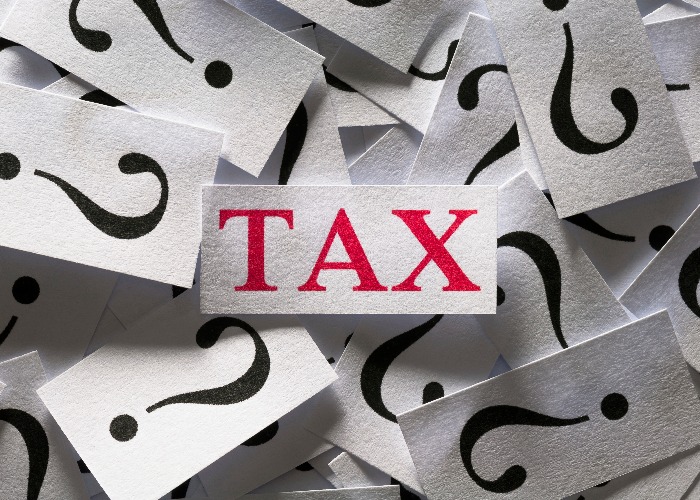Tax Freedom Day: what you can do to get there quicker

Make the most of what you're entitled to and reach Tax Freedom Day that bit earlier.
Sunday 31st May marks Tax Freedom Day, according to the Adam Smith Institute, the date when the average taxpayer will have earned enough money to cover all of their taxes for the year
It has taken an average of 150 days for workers to cover their taxes, including National Insurance, VAT, fuel duty and others, in 2015. That's one day more than in 2014. Of course this is only a theoretical day in reality. However, it's a useful way to demonstrate just how long you need to work in order to cover your tax expenditure for the year.
Here's when Tax Freedom Day has fallen, according to the Institute's calculations, over recent years:
| Year | Tax Freedom Day |
| 2015 | 31st May |
| 2014 | 30th May |
| 2013 | 29th May |
| 2012 | 28th May |
| 2011 | 27th May |
| 2010 | 25th May |
| 2009 | 25th May |
| 2008 | 31st May |
| 2007 | 30th May |
| 2006 | 31st May |
How to get there earlier
These figures are just an average. There are plenty of things you can do to legitimately cut the amount you pay in tax each year, and therefore hit your own personal Tax Freedom Day a little bit earlier.
According to the TaxAction report from Prudential and Unbiased, as a nation we are spending a vast £4.9 billion a year more in tax than we need to. That's because of a host of tax breaks that are simply going unused.
Pension tax relief
More than four million adults in the UK aren’t saving into a pension and so aren't making use of the tax relief on offer from the Government. According to the report, that's a total of £2.9 billion being wasted each year.
ISAs
A whopping 55 million UK bank account holders will waste a combined total of over £1.3 billion by not moving their spare cash into an ISA.
If you want to enjoy some tax-free returns on your savings, check out The best Cash ISAs for the 2015/16 tax year.
Inheritance Tax
As for Inheritance Tax, around £550 million is wasted by people who don’t place their life insurance policies ‘under trust’. By writing your policy in trust, the payout when you die is not classed as part of your estate, so won't be subject to Inheritance Tax.
For more read Over 90% of life insurance policies may be subject to Inheritance Tax.
Capital Gains Tax
There was £158 million paid in unnecessary Capital Gains Tax this year, the report suggests, mainly because savers weren’t using ISAs to shelter investments from tax liabilities.
The current Capital Gains Tax allowance stands at £11,000. Anything above is charged at 18% for lower and 28% for higher rate taxpayers.
For more ways to ensure you are only paying as much tax as you should, take a look at our guides below.
Compare Cash ISAs with loveMONEY
More on tax:
How to check you’re on the right tax code
Comments
Be the first to comment
Do you want to comment on this article? You need to be signed in for this feature